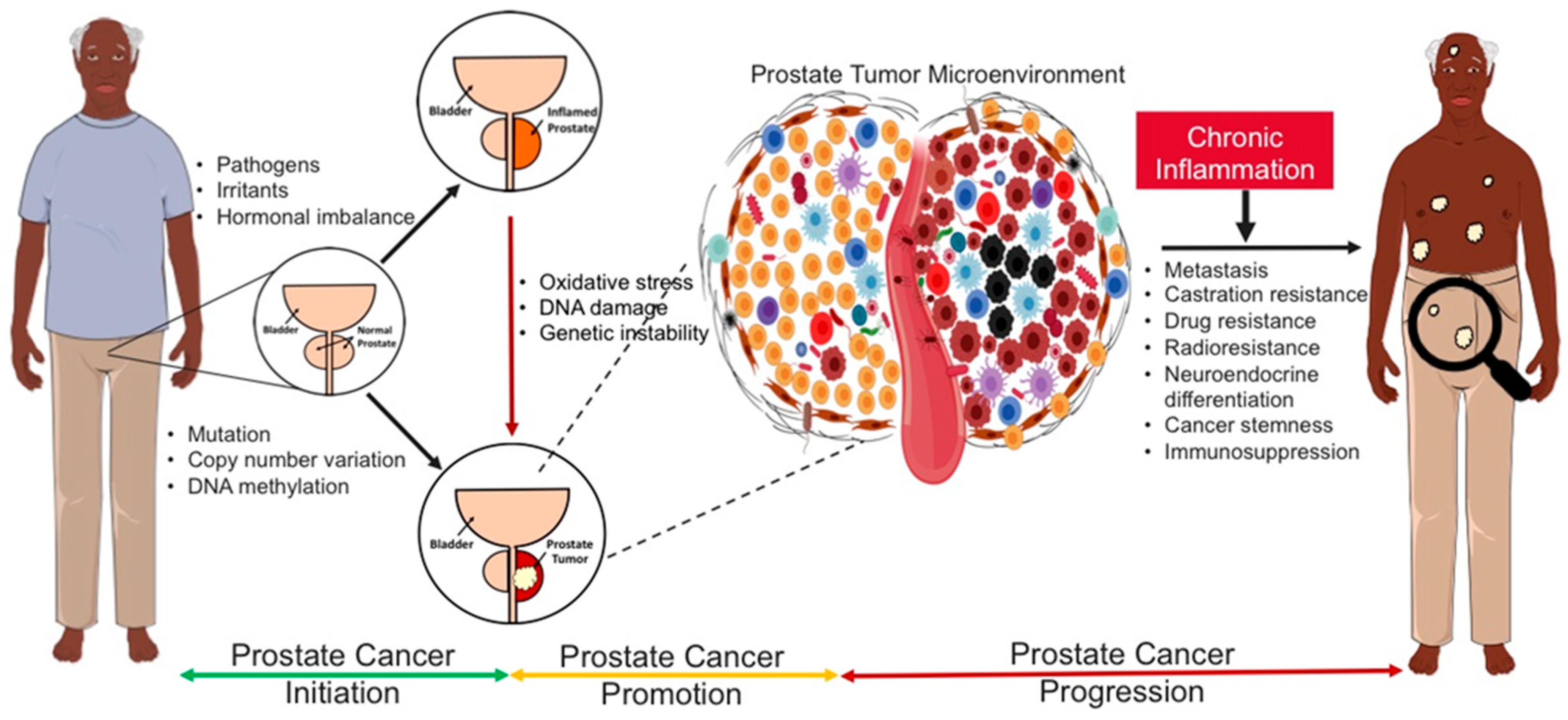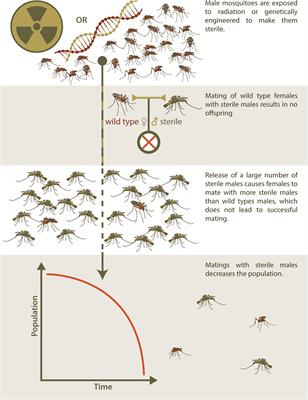A virus can manipulate insect sperm, leading to infertility in its hosts. This reproductive sabotage aids in the virus’s proliferation.
Understanding how viral pathogens affect host reproduction is crucial in the field of evolutionary biology and can have profound implications for pest control. One particular virus has developed a remarkable strategy to ensure its continued existence: it alters the fertility of the insects it infects.
This reproductive manipulation not only impacts insect population dynamics but also highlights the complex interactions between a virus and its host’s biological processes. By examining the mechanisms through which the virus induces sterility in male insects, researchers can glean insights into viral evolution and host defense systems. Such knowledge is invaluable for developing innovative approaches to manage insect-borne diseases and controlling pest populations that are detrimental to agriculture and human health.

Credit: mdpi
The Bio-twist Phenomenon
Viruses have a unique ability to affect insect reproduction. This is known as the Bio-Twist Phenomenon. Certain viruses can alter insect sperm, causing insects to become sterile. Such a change means they can’t produce offspring.
This sterility inducement is a survival strategy for the virus. It manipulates the host to benefit its own lifecycle. This manipulation often leads to a significant decrease in insect populations. Thus, it affects ecological balance.

Credit: tampa-xway
Unpacking The Mystery Of Sperm Manipulation
Viruses are tiny foes with powerful impacts on insect reproduction. Through sophisticated methods, these pathogens can induce sterility. They manipulate sperm by altering its vital components. This can mean changes to the sperm structure, its ability to move, or its capacity to fertilize an egg.
Insects rely on fertile sperm for species survival. A virus’s intervention may lead to population control. This could balance ecosystems, or, conversely, threaten insect species with decline. Critical research is unveiling these mechanisms and their wide-reaching implications.
| Mechanism | Effect on Sperm | Implication on Reproduction |
|---|---|---|
| Structural alteration | Sperm shape changes | May prevent egg fertilization |
| Motility disruption | Movement slows or stops | Reduces chances of reaching the egg |
| Fertilization capacity change | Ability to merge with egg declines | Leads to unsuccessful reproduction |
Investigating The Affected Insect Species
A virus can sterilize insects by changing their sperm. Different bugs get hit by this. Bees, butterflies, and beetles can’t have babies because of this.
Scientists saw big changes in bug groups. Many bugs couldn’t have little ones. Fields had fewer insects because of the virus.
| Insect Type | Effect of Virus |
|---|---|
| Honeybees | Colony growth slows down |
| Monarch Butterflies | Less babies born |
| Ladybird Beetles | Numbers drop quickly |

Credit: frontiersin
Implications For Ecosystems And Biodiversity
The discovery that a virus can make insect sperm sterile is striking. This sterility in insects can upset the balance of ecosystems. Without enough healthy insects, other animals may not find food. Plants also suffer as less insects can pollinate them. Think of it like a puzzle with missing pieces. It’s not complete, right? That’s what happens to nature.
Insect dynamics drastically shift due to this viral impact. What does this mean? Fewer bees, butterflies, and other pollinators exist. Without these little helpers, many plants cannot make seeds. These seeds are what grow into new plants.
Everyone loves flowers and fruits. Who helps them grow? Insects, by moving pollen. But what if those insects are not around? Plants lose out on this vital process for survival. This change poses a big question for how plants and insects live together. And how will our environment adapt to this change? We must wait and see.
The Role Of Genetic Research
Advancements in Genomic Sequencing have unraveled how certain viruses can alter insect sperm. These changes lead to sterility among the insect populations. Scientists use high-tech tools to read the virus and insect DNA. This research shines light on the fine details of this complex interaction.
The future of virus-insect research looks promising. Experts aim to understand how viruses control insect reproduction. This knowledge could help manage pests that harm crops. It might also prevent insects from spreading diseases. The goal is to protect our food and health.
Human Intervention And Ethical Considerations
Scientists use viruses to stop harmful insects from breeding. This method needs ethical thinking. Reasons include the balance of nature and protecting crops. A virus can change insect sperm. This can stop the insect from having babies. It’s a way to reduce insect numbers without using chemicals. People worry about safe use of viruses and effects on other animals.
This method helps farmers. It protects plants by controlling pests. Scientists must make sure the virus does not harm other life. They study how the virus acts. The goal is to use science without hurting the environment. Good insect health matters for the world. Hard choices are made to keep our food safe.
Frequently Asked Questions For Virus Manipulates Insect Sperm To Cause Sterility
How Does A Virus Cause Insect Sterility?
The virus manipulates the reproductive system of its insect host. It directly affects sperm cells, rendering them non-viable. As a result, affected insects become sterile and cannot reproduce.
Can Insects Recover From Sterility Virus?
Recovery is generally unlikely as the virus causes permanent changes to sperm cells. This results in irreversible sterility in infected insect populations, impacting their ability to reproduce.
What Insects Are Affected By Sterility Viruses?
Sterility viruses mainly target specific insect species. Some well-known examples include beetles, moths, and mosquitoes. However, the range can vary depending on the virus type.
How Does Insect Sterility Impact Ecosystems?
Insect sterility can disrupt ecosystems by affecting population dynamics. Predators lose food sources, and plants may suffer from reduced pollination, altering the ecological balance.
Conclusion
The discovery of viral-induced sterility in insects is indeed a breakthrough. This knowledge opens doors for pest control strategies. Researchers can delve deeper, potentially bolstering crop protection. Understanding viral mechanisms is key to sustainable solutions. Nature’s complexity continues to amaze and inspire science.

